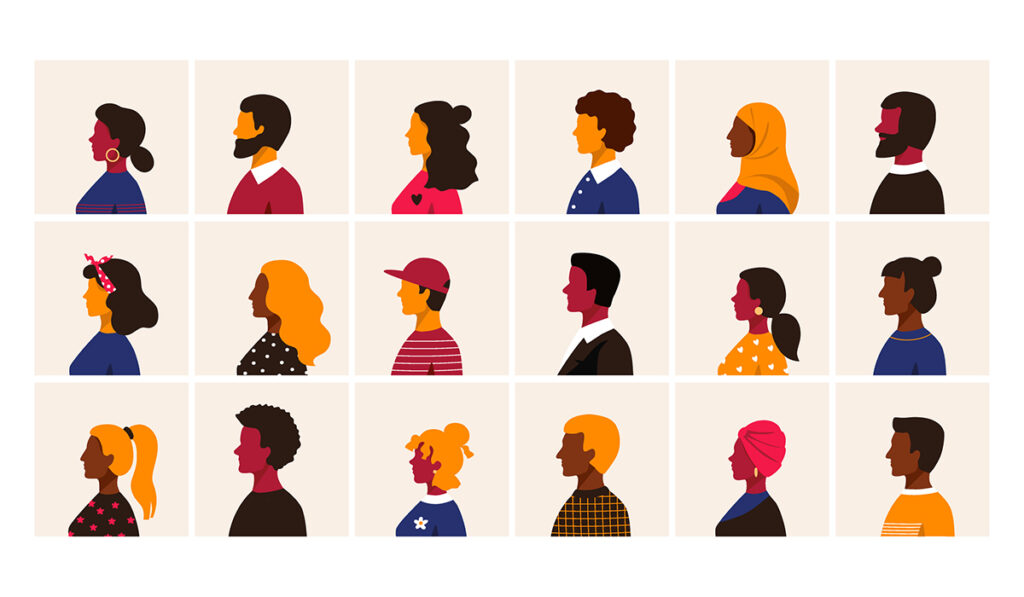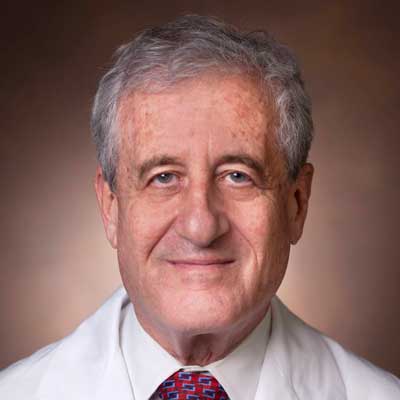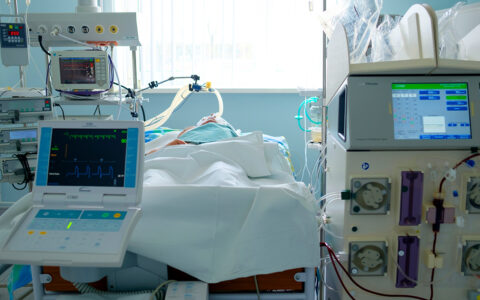In the quest for genetic analysis data reflecting a diverse population, the All of Us research program has built an inventory of 245,388 genome sequences and identified 275 million new genetic variants in the eight years since its creation by the National Institutes of Health.
Significantly, about four million of these new variants are believed to have health implications, information that hadn’t been uncovered in previous research involving majority-white subject cohorts.
Led by physician-researchers such as Dan M. Roden, M.D., a clinical pharmacologist, cardiologist, and senior vice president of personalized medicine at Vanderbilt University Medical Center, All of Us provides data with 46 percent participation by underrepresented racial and ethnic minorities, with 77 percent coming from groups historically underrepresented in biomedical research.
“What we’re doing is very different from anybody else in the world right now,” Roden said. “Unlike any major biobank to date, we are also making data accessible to the prospective one million participants in All of Us.”
Drilling Down on Disease
Within the 3 billion base pairs making up the human genome, there are millions of differences between any two individuals. Relatively few have little effect on disease susceptibility.
However, knowledge of the variants may have an impact health on disease-risk assessment, as well better predictions for an individual’s response to medication and treatments.
“One of the promises that we’ve bought into here at All of Us is that, at some point in the not-so-distant future, genetic data will be routinely used to individualize or personalize care,” Roden said.
“Our hope is that by returning data to patients, we will identify people who are at high risk for specific diseases and demonstrate the value of genomic medicine.”
Not only subject-pool diversity but a wider distribution of data makes this study unusual.
All of Us participants are all eligible to have their results returned to them.
“Our hope is that by returning data to patients, we will identify people who are at high risk for specific diseases and demonstrate the value of genomic medicine,” Roden said.
Transparency of Information
Three main types of All of Us genetic information is made available to participants. The first is what Roden calls “recreational genetics.”
“These can be relatively trivial things like whether a person is likely to have hard or soft earwax or whether they like or dislike cilantro,” he said. “We also provide general ancestral makeup.”
Additional information accessible to participants includes details on pharmacogenetic variations, reflecting their body’s projected response to medications.
A third type of information comes as a list of 59 “disease genes,” as designated by the American College of Medical Genetics and Genomics. Variants in the ACMG 59 list known to increase disease risk are among the results provided to All of Us participants – after they have consented to receive them.
“If we find a variant in one of these genes that is known to be pathogenic, the ACMG suggests – and we agree – that result should be returned to the participant,” Roden said.
He emphasizes the importance of transmitting only information about specific variants known to have a large effect on disease susceptibility.
“The trick in this area is not to overburden patients or clinicians with things that probably don’t make a difference,” he said. “That’s why we only return data on variants that are pathogenic, and only for those conditions that are in the ACMG 59.”
While past studies have focused largely on participants with European ancestry, there is widespread recognition now that this limitation has been detrimental to the field of genomics.
“That’s not the way we should be doing things,” Roden said. “There are conditions that are seen predominantly in just one ancestry group, for example.”
Greater genomic diversity also provides a better understanding whether a variant should be linked to disease development or merely considered a benign anomaly. For example, in early studies of rare gene variants associated with cardiomyopathy, only variants appearing European ancestry were identified.
“Then we started to sequence people of other ancestries and found that one of these ‘rare’ variants is present in 10 percent of African Americans,” Roden said.
Considering the lack of associated cardiology problems in that population, “that particular variant has been reclassified as benign,” he added.
Mapping the Genetic Future
Participants who are found to carry pathogenic variants are encouraged to take advantage of genetic counselling available through All of Us.
“The demand for genetic counselors is expanding rapidly,” Roden said.
He encourages people to tap this resource primarily in “high-risk situations.”




